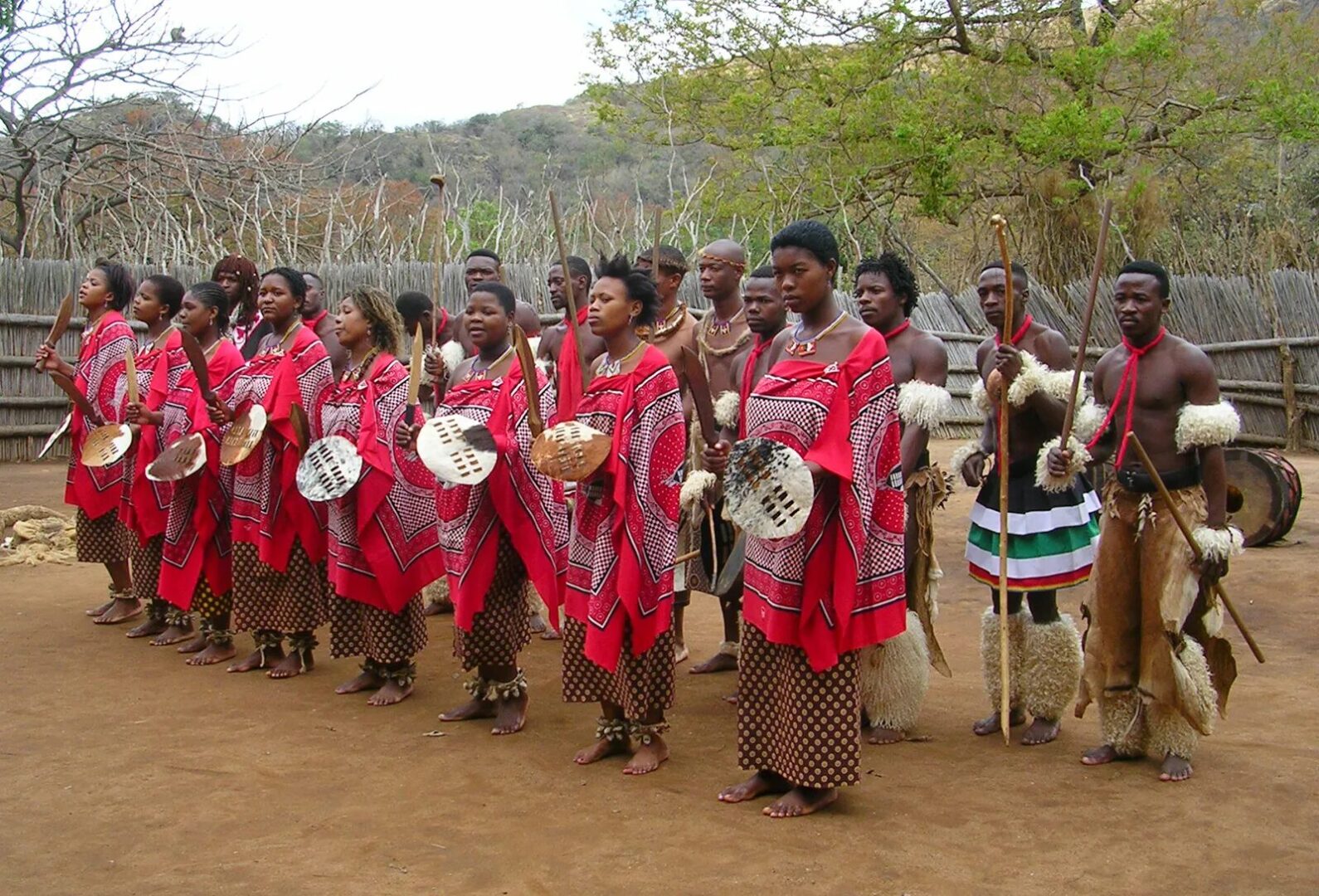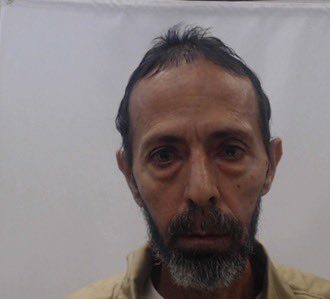U.S. Deports Five Convicted Criminals to Eswatini — Including Jamaican National
🇯🇲 Jamaica Live | International News
July 16, 2025 | Jamaica Live News Desk
The United States has deported five convicted foreign nationals — including a Jamaican — to the Kingdom of Eswatini in southern Africa, in what officials describe as a “safe third country” transfer involving individuals whose home countries reportedly refused to receive them.
The flight, arranged by the U.S. Department of Homeland Security, transported deportees from Vietnam, Jamaica, Laos, Cuba, and Yemen — all convicted of serious violent crimes ranging from child rape and murder to armed robbery and aggravated assault.
In a post on X, DHS Assistant Secretary Tricia McLaughlin characterized the deportees as “so uniquely barbaric that their home countries refused to take them back.” She further stated:

“These depraved monsters have been terrorizing American communities, but thanks to President Trump and Secretary Noem, they are off of American soil.”
Formerly known as Swaziland, Eswatini has been ruled by King Mswati III since 1986. Eswatini, Africa’s last remaining absolute monarchy, has not issued a statement regarding the arrival of the deportation flight. However, the small, landlocked nation—bordered by South Africa and Mozambique—had been previously identified in media reports as a possible destination for U.S. deportees.
Last month, the U.S. Supreme Court gave the Trump administration the green light to deport migrants to third countries, even if they have no direct ties there. Rwanda has confirmed that discussions on this matter have taken place, while Benin, Angola, Equatorial Guinea, and Moldova have also been named in press reports as potential recipients.
Convictions of the Jamaican National:
The Jamaican deportee was convicted of multiple violent offenses, including:

- CITIZEN OF JAMAICA •
Convicted of murder; sentenced to 25 years confinement.
• Convicted of robbery; sentenced to 6 years confinement.
• Convicted of possession of weapon; sentenced to 6 months confinement.
The controversial decision to send these individuals to Eswatini — a country with no direct connection to any of the five deportees — comes on the heels of another deportation operation to South Sudan earlier this month, after a U.S. court lifted restrictions that previously barred removals to third countries without nationality ties.
Why Eswatini?

The choice of Eswatini raises eyebrows globally. Known for its absolute monarchy under King Mswati III, Eswatini is a small, landlocked country with a moderate and traditional standard of living and a fragile justice system. It is unclear whether the Eswatini government consented to or was consulted about the transfer.

Eswatini, despite being a lower-middle-income country, is not considered “rich” in the global sense. While it has made strides in economic development and diversification, it still faces some economic challenges and income inequality. Its economy is relatively small and heavily reliant on South Africa for trade and customs revenue.
Questions for Jamaica
The situation has prompted serious questions for Jamaican authorities:
- Why is the U.S. deporting Jamaican nationals to third countries instead of directly to Jamaica?
- Is Jamaica refusing to accept some of its convicted citizens back?
- What is the government’s official position on this practice?
As of publication, no formal response has been issued by Jamaica’s Ministry of Foreign Affairs or the Ministry of National Security.
Background Context
Deportation of criminal non-citizens is not new, but the recent escalation in the use of third-party nations—especially those with minimal ties to the deportees—marks a sharp turn in U.S. immigration enforcement. Under President Trump’s renewed “America First” policy, the U.S. appears determined to remove criminal aliens regardless of diplomatic complications or humanitarian concerns.
This development is likely to stir debate in Jamaica and across the Caribbean about the treatment of deportees, international cooperation, and national sovereignty in deportation matters.
CITIZEN OF LAOS • Convicted of second-degree murder and burglary (forced entry); sentenced to 20 years confinement.
• Convicted of operating a motor vehicle under influence of controlled substance.
• Charged with aggravated assault with deadly weapon and possession of methamphetamine.

CITIZEN OF CUBA • Convicted of first-degree murder and aggravated battery.
• Convicted of aggravated battery of a police officer, grand theft-vehicle, aggravated flight-eluding law enforcement reckless driving; sentenced to 3 years confinement.
• Confirmed latin king street gang member.

CITIZEN OF YEMEN • Convicted of second-degree homicide; • Convicted of assault and battery; • Convicted of resist and obstruct officer; sentenced to 17 days confinement. • Convicted of cruelty to dependent adult; • Convicted of assault with the intent to do great bodily harm less than murder or by strangulation; sentenced to 60 months confinement.

VIETNAMESE NATIONAL: Convicted of child rape— sentenced to 20 years confinement.

Under this policy shift, the Trump administration has already deported individuals to El Salvador and Costa Rica. Most recently, South Sudan agreed to receive eight deportees from the United States, noting that they arrived unshackled and in good condition.
